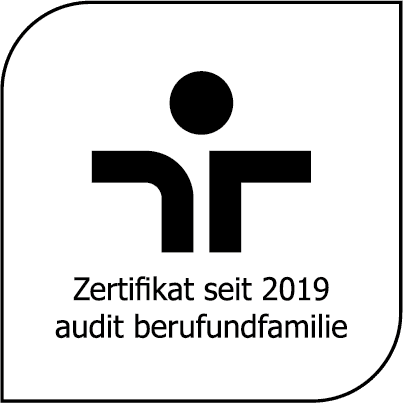Test instruments sorted
Contact person for the Open Test Archive
Gülay Karadere (Dipl.-Psych.)
Research Associate
guek@leibniz-psychology.org
UGTS
Ungewissheitstoleranzskala
Short abstract
The UGTS with eight items for identifying how uncertain situations are evaluated allows the cross-divisional differentiation of persons based on their tolerance of uncertainty. Research on the tolerance of ambiguity or uncertainty goes back to Frenkel-Brunswik (1949). Reliability: Cronbach's alpha was alpha = .66-.72. Stability coefficients are rtt = .72 (6-month interval), rtt = .75 (3-week interval) and rtt = .71 (6-8-month interval). Validity: The single factor model could be confirmed by factor analysis. Several studies show that the UGTS could not be replaced by an authoritarianism scale for various predictions. Under stress, persons tolerant of uncertainty showed a better current well-being than persons intolerant of uncertainty. Aggregated over situations, UGTS correlated positively with habitual well-being. High UGTS values were associated with a high probability of positive reinterpretation and a low probability of avoiding coping reactions. Persons intolerant of uncertainty had a higher agreement with the treating therapists in their problem assessments than persons tolerant of uncertainty. High scores on the UGTS were more likely to be associated with seeking new information.
Leibniz Institute for Psychology (ZPID). (2019). Open Test Archive: UGTS. Ungewissheitstoleranzskala. Available at: https://www.testarchiv.eu/en/test/9003844
Citation
Dalbert, C. (2002). UGTS. Ungewissheitstoleranzskala [Verfahrensdokumentation, Autorenbeschreibung, Fragebogen Deutsch und Fragebogen Englisch]. In Leibniz-Institut für Psychologie (ZPID) (Hrsg.), Open Test Archive. Trier: ZPID.
https://doi.org/10.23668/psycharchives.6592
Short information
Short Name UGTS
English Name Uncertainty Tolerance Scale (UTS)
Authors Dalbert, C.
Published in Test archive 2002
Copyright/Licence Copyright Author; CC-BY-NC-ND 3.0
Language versions deu eng
Construct Uncertainty tolerance (Frenkel-Brunswik, 1949)
Application age Adolescents and adults (short version from 9 years)
Item number 8 items
Subscales None; uncertainty tolerance
Application Time 5 min.
Interpretation time A few minutes.
Internal consistency: Cronbach's alpha = .66-.72. Stability: rtt = .72 (6-month interval), rtt = .75 (3-week interval), rtt = .71 (6-8-month interval)
Findings on factorial, differential and construct validity.
None.
Applications Diagnostics, Therapy
Older versions
Version 1: https://doi.org/10.23668/psycharchives.328
There is no abstract in English available. Short information about the measure can be found under Overview. More can be found on the German pages.
There is no review in English available. Short information about the measure can be found under Overview. More can be found on the German pages.
First published in
Dalbert, C. (1999). Die Ungewißheitstoleranzskala: Skaleneigenschaften und Validierungsbefunde (Hallesche Berichte zur Pädagogischen Psychologie Nr. 1, 1999). Halle (Saale): Martin-Luther-Universität Halle-Wittenberg. PSYNDEX Dok.-Nr. 0128332
Feedback form
Feedback on the use of a procedure from the Open Test Archive of the Leibniz Institute for Psychology (ZPID) to the test author(s)
Contact information
Ministerin Prof. Dr. Claudia Dalbert, Universität Halle, Pädagogische Psychologie, Franckeplatz 1, Haus 5, D-06099 Halle (Saale)

 Learn more about us!
Learn more about us! 
